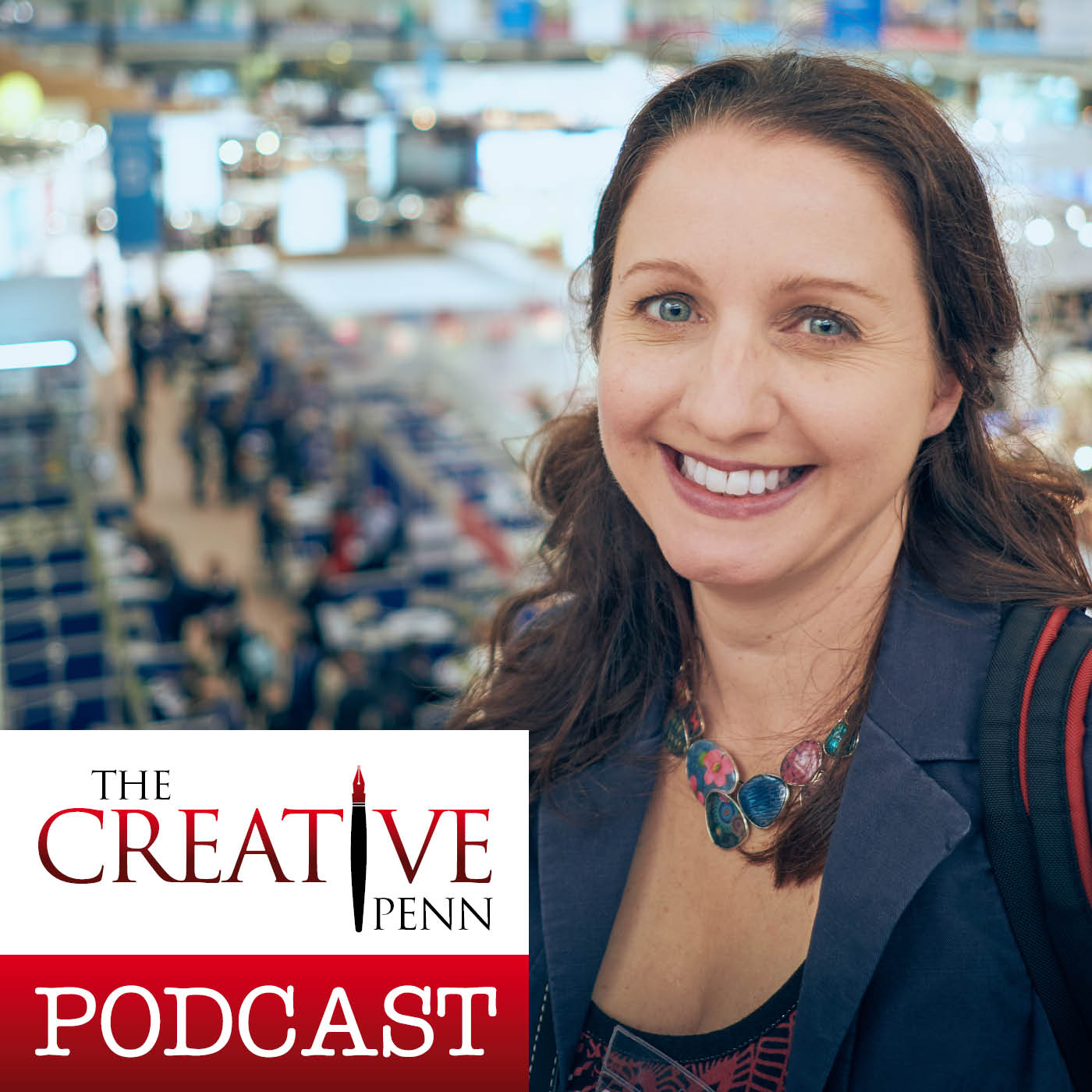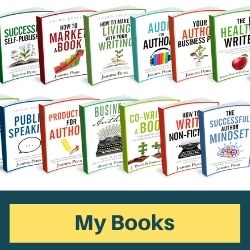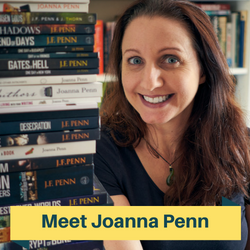Do you want to write, publish, or market a book? Do you want to know how to make a living with your writing? I share my journey on this site, but of course, it's just one path. There are many options for authors these days.
This page guides you through my curated information. Click the images and links below for more information on the topic that interests you most.
(1) Sign up for your free Author Blueprint
In this free ebook and email series, I share everything you need to write, publish and market your book, as well as how to become an author-entrepreneur.
Click the image above or here to sign up for your Free Author 2.0 Blueprint. After providing your email and confirming it, you will have access to the Blueprint as well as receive my tips by email every few weeks.
(2) Click on the topic you're most interested in
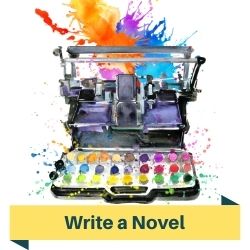 |
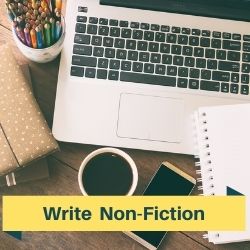 |
 |
 |
 |
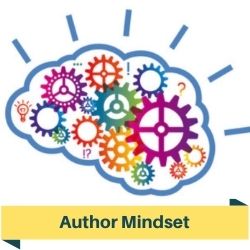 |
 |
 |
Need help from professionals or tutorials for Do-It-Yourself options?
Click on the buttons below to find my lists.
 |
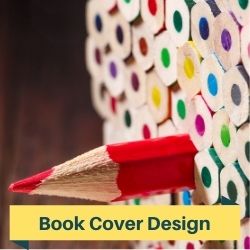 |
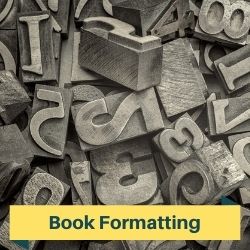 |
 |
(3) Subscribe to The Creative Penn Podcast for interviews, inspiration and information every Monday.
(4) Check out my Books for Authors
Available in ebook, paperback, audiobook editions, as well as some in Workbook, Large Print and Hardback editions.
(5) Connect with me on social media








Want to know more about me and my journey?
Frequently Asked Questions
Still need more help?
If you have been through all my resources, checked out my Books, Podcast, and Tools, and you still have a question, or if you would like to work with me professionally, then please use the contact page to get in touch. Happy writing!

